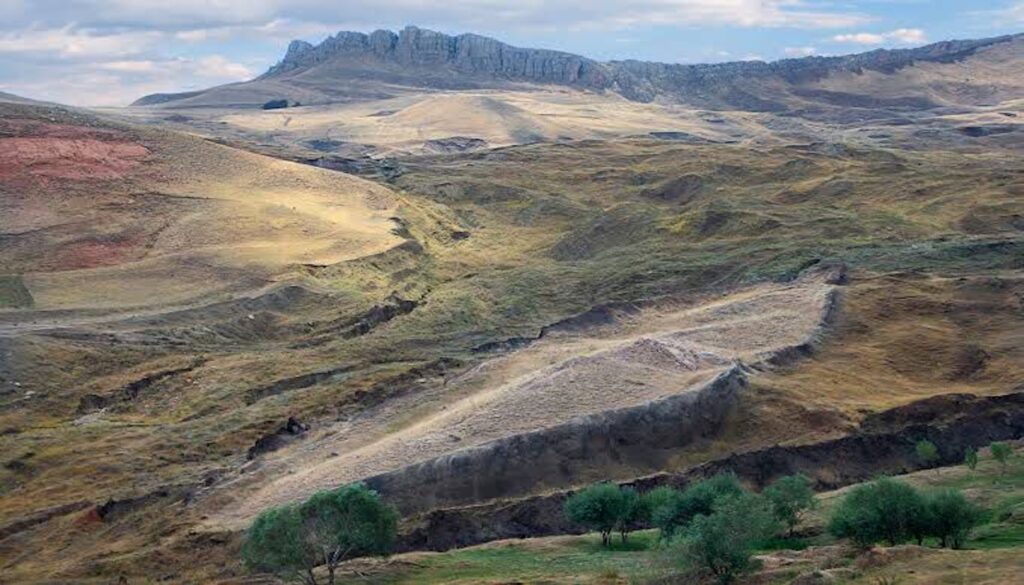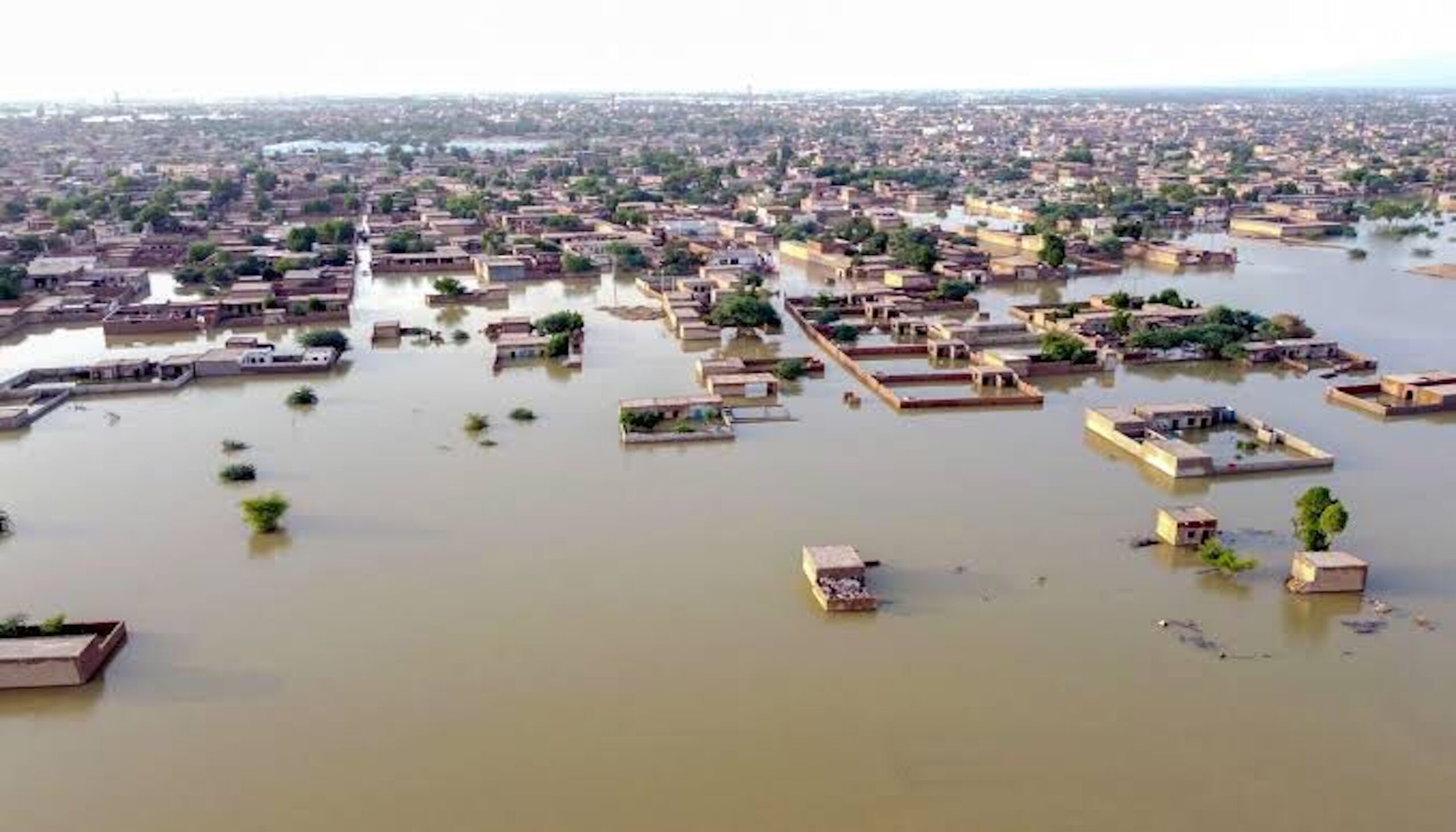Pakistan’s latest bailout from the International Monetary Fund agreed to on Monday, is emblematic of why the country will struggle to recover from the floods that have killed more than a thousand people since June.
While the $1.16 billion injection may be enough to tide the country over for the next couple of years, the floods themselves have caused over $10 billion in damage, much of which may end up adding to the country’s $255 billion in debt.
Since humans first began cultivating the fertile soils left behind by rivers, floods have posed a significant threat to our ability to feed ourselves. One explanation for the widespread flood legends is that the answers haven’t evolved much throughout time. In both the Bible and the Quran, Noah’s ark is credited with saving humanity from flood waters.

That is also the method taken by contemporary governments. After the terrible floods of the previous year, the United States government enacted the 1928 Flood Control Act to control the Mississippi. At the time, it was the largest public works project the country had ever undertaken, costing more than the Panama Canal. More money was spent on flood control in China in 2017 (the most recent year for which data is available) than on healthcare or new railways combined.
The Indus Valley is the world’s largest irrigation system and a tribute to a huge investment with a history stretching back more than 4,000 years. However, the Indus and its tributaries, which form the backbone of Pakistan, have not received the investment necessary to adequately manage the hazards associated with natural disasters.
The huge Sukkur Barrage, constructed during colonial times, is a system of dams and canals that redirect the Indus’s waters to irrigate the dry southern Sindh Province. Years of underinvestment in upkeep, corruption, and disagreements among Pakistan’s four provinces over water and financial allocation have left many in a poor state of repair.










